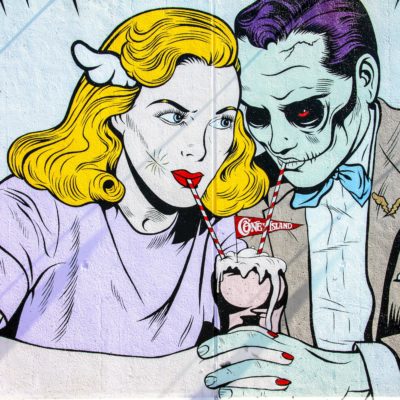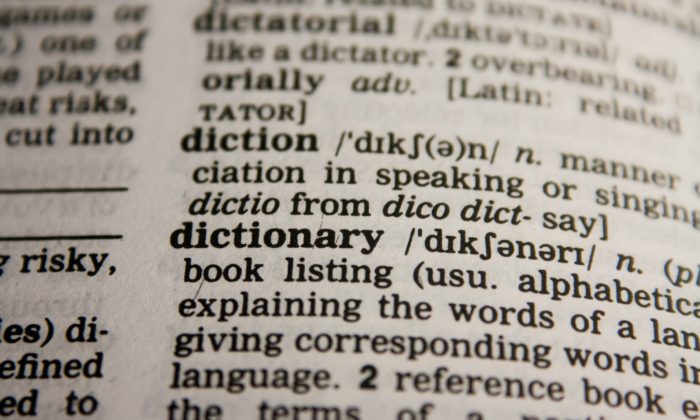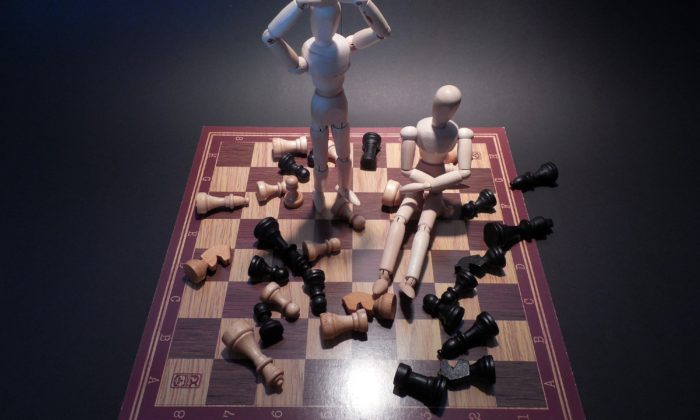Cash Flow: Your budget doesn’t tell the entire story
One of the most important pieces of running a project (and an entire studio) is budgeting. This important document tells how much you’ll spend and where that money is going. It doesn’t tell you when that money will be leaving your account, though. For that information, you need to project your cash flow. You may already use this skill in managing your personal finances.
Most budgets give you a snapshot of where you’ll end up, but they don’t fully detail the path to the finish line. Budgets might give you a sense of how much money you’ll make from a project, but they don’t often reveal revenue timing (whether that comes from publisher milestone disbursements or other sources).
Cash flow reflects the total amount of money coming into and going out of a project or business over a specific period of time. When you think about how you pay staff, contractors, and vendors, the importance of considering cash flow becomes clear.
Whether you’re making your first game and paying contractors out of pocket or working on your first project with publisher funding, the fact remains that you can’t pay people with money you don’t have. Here are examples of how this might play out for each of these scenarios:
Using cash flow to plan your major purchases

Let’s say you’re doing contract work while making your own game (mostly) full-time. You’ve got a bill due next week and you won’t be paid again for two. Your budget says that you’ve got more than enough income planned to cover your expenses, including a new computer, over the life of the project.
| Budget View | |
| Total Revenue | $40,000 |
| Total project expenses | $37,000 |
| Total on-hand (end of project) | $3,000 |
| Cash Flow View (Improper Planning) | |||
| Transactions | Account Balance | ||
| Cash at start of September | $3,300.00 | ||
| 9/1 | Rent | $(1,000.00) | $2,300.00 |
| 9/1 | Food | $(150.00) | $2,150.00 |
| 9/8 | Food | $(150.00) | $2,000.00 |
| 9/15 | Food | $(150.00) | $1,850.00 |
| 9/17 | Computer Purchase | $(2,000.00) | $(150.00) |
| 9/15 | Student loan payment | $(400.00) | $(550.00) |
| 9/21 | Expected Paycheck | $5,000.00 | $4,450.00 |
| 9/22 | Food | $(150.00) | $4,300.00 |
| 9/29 | Food | $(150.00) | $4,150.00 |
| Cash at end of September | $4,150.00 | ||
| Cash Flow View (Proper Planning) | |||
| Transactions | Account Balance | ||
| Cash at start of September | $3,300.00 | ||
| 9/1 | Rent | $(1,000.00) | $2,300.00 |
| 9/1 | Food | $(150.00) | $2,150.00 |
| 9/8 | Food | $(150.00) | $2,000.00 |
| 9/15 | Food | $(150.00) | $1,850.00 |
| 9/15 | Student loan payment | $(400.00) | $1,450.00 |
| 9/21 | Expected Paycheck | $5,000.00 | $6,450.00 |
| 9/22 | Food | $(150.00) | $6,300.00 |
| 9/25 | Computer Purchase | $(2,000.00) | $4,300.00 |
| 9/29 | Food | $(150.00) | $4,150.00 |
| Cash at end of September | $4,150.00 | ||
If you make that major expenditure right now though, you won’t have enough to pay the bill. Being aware of when your bank account will get that much-needed injection can protect from running afoul of creditors.
Make sure you don’t run out of fuel

Working with a publisher drastically increases the need to be mindful of timing. Your disbursements from a publisher will come when you achieve milestones (negotiated as part of the contract). Don’t worry, we explain milestones and publisher disbursements in detail in The GameDev Business Handbook.
When working on your budget and planning for those milestones, you need to be mindful of how much your studio is spending each month. Every pay period, contractor invoice, and utility bill depletes the limited cash you have.
Think of it as fuel, and your studio is the car. You don’t want to run out of gas before reaching the next station. If you plan properly (and build in a buffer for more time and higher expenses), your milestone payments will stretch far enough to get you to the next checkpoint.
Planning for cash flow can help you make smarter decisions about hiring or working with contractors. You can read more about it (and see how it works in practice), in The GameDev Business Handbook.






